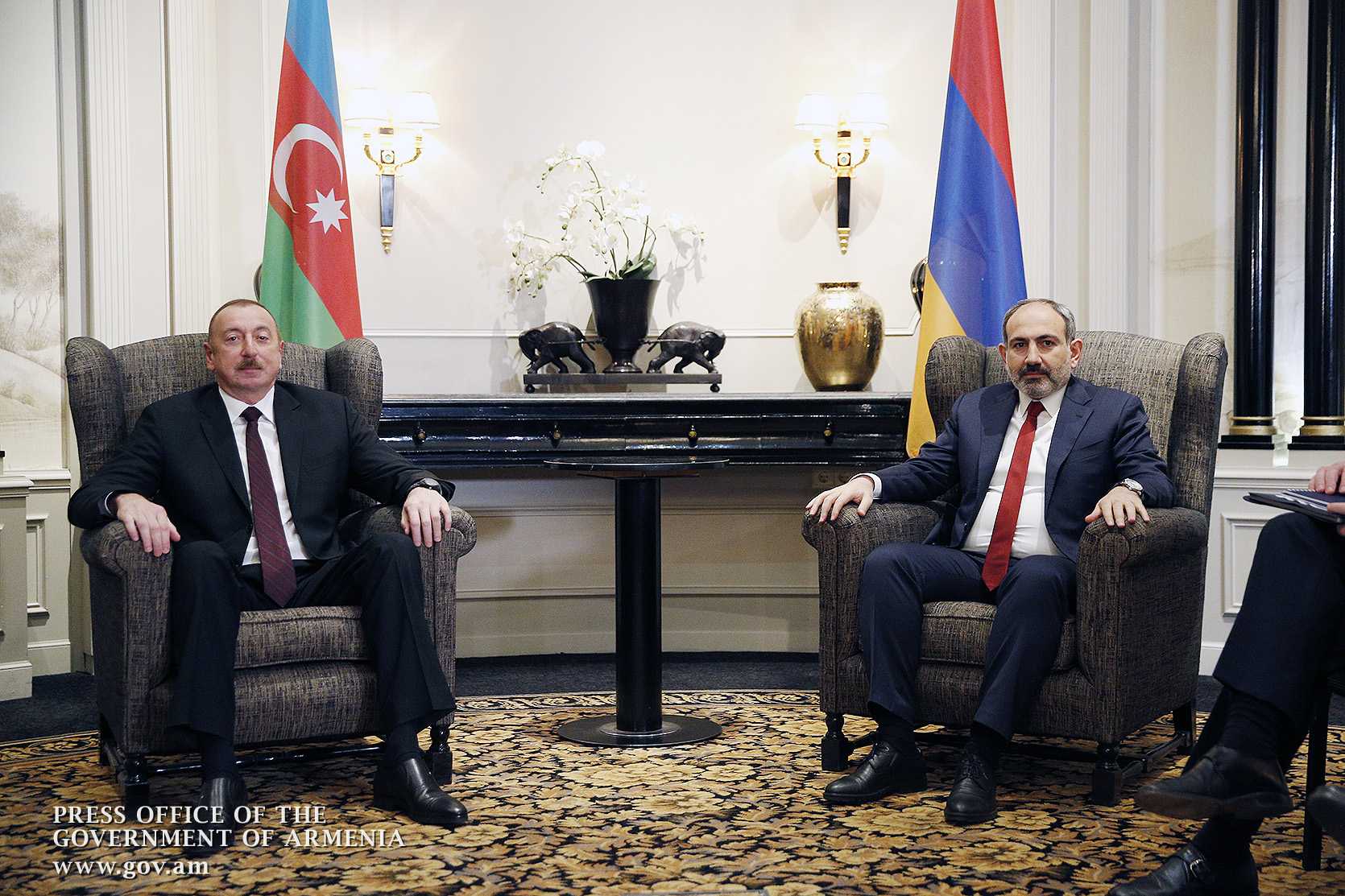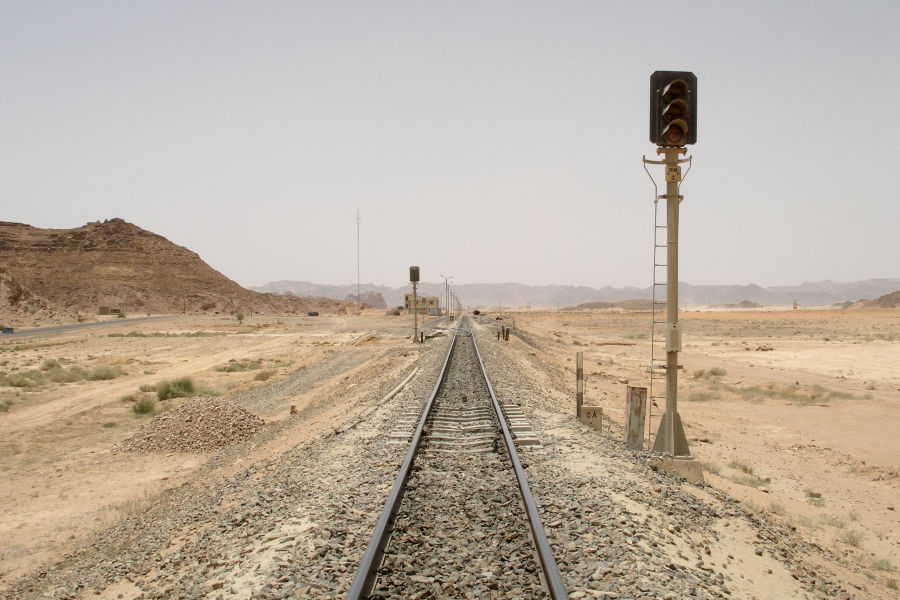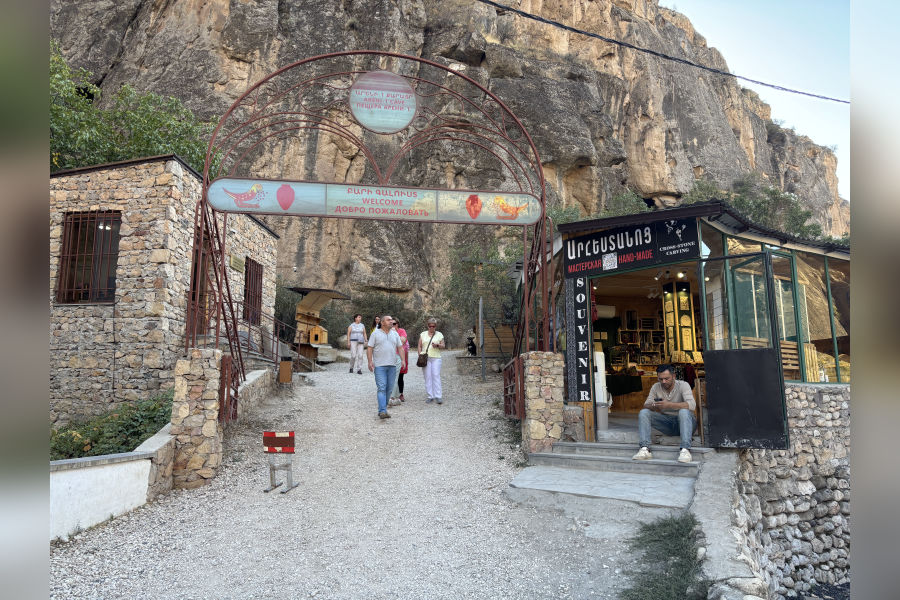

More than one year after the 2020 Artsakh War, the future of Armenia–Azerbaijan relations remains vague. Azerbaijan has put forward two demands: Armenia in written form should recognize Nagorno Karabakh as part of Azerbaijan and provide uncontrolled access to Azerbaijan to reach the Nakhichevan Autonomous Republic via the Syunik province. Simultaneously, Azerbaijan has launched the strategy of coercive diplomacy and military blackmail, refusing to free all remaining Armenian POWs and advancing into Armenian territory. The release of POWs is a clearly articulated agreement fixed in the November 10, 2020 trilateral statement. However, Azerbaijan argues that Armenians still languishing in Azerbaijani jails are POWs and are not covered by that statement. Baku successfully merged the POWs’ issue with maps of mine fields, thus forcing Armenia to accept the humans versus maps bargain. Azerbaijan rejects that its troops have encroached into Armenian territory, blaming Armenia for not implementing the November 10, 2020, January 11, 2021 and November 26, 2021 trilateral statements and deliberately destabilizing the situation.
Simultaneously Azerbaijan continues to increase pressure on Armenians living in Nagorno-Karabakh under the protection of Russian peacekeepers. In the last two months, Azerbaijani soldiers have killed three Armenian civilians. The strategic goal of this policy is straightforward: to force Armenians to leave Karabakh and change the demographics of the region through the relocation of Azerbaijanis into Shushi, Hadrut and other territories of the former Nagorno Karabakh Autonomous Oblast, which Azerbaijan took during the 2020 war. The calculation is explicit that if Armenia bows under pressure and recognizes Karabakh as part of Azerbaijan, it will significantly accelerate the exodus of Armenians and will destroy even the theoretical possibility of independence for Karabakh or unification with Armenia. If Armenia rejects Azerbaijan’s demand, the process may take much longer, but the endgame will be the same: more Azerbaijanis in Karabakh than Armenians and no chances for an independent Karabakh. In this scenario, the maximum boundaries of Armenians’ dreams will be cultural autonomy within Azerbaijan.
The same goes for the issue of restoration of communications. If Armenia agrees to provide Azerbaijan highway and railway through the Syunik province to Nakhichevan without any Armenian control, Azerbaijan will reach its ultimate goal. If Armenia resists, Azerbaijan is happy to fix the status quo and not provide Armenia any routes to reach Iran or Russia via its territory. Having penetrated the Syunik province, controlling 21 km of the Armenia–Iran interstate highway, with its troops located just a few kilometers from the main cities in Syunik, Azerbaijan may continue its military blackmail hoping to trigger large-scale emigration of Armenians from Syunik. Azerbaijan and Turkey are interested in having access to the Armenian territory for transit, and Russia is interested in having a railway connection with Turkey via Azerbaijan and Armenia. However, Azerbaijan and Turkey may wait several years to reach these goals. Azerbaijan achieved its primary strategic goal during the 2020 war. It invaded almost 80-percent of Nagorno Karabakh Republic territories, established control over primary water sources of Armenia and Karabakh, and transformed Karabakh into a non-viable entity encircled by Azerbaijan, which will be crushed within days if no foreign military remains there.
Meanwhile, if Azerbaijan implements the “strategic patience” policy by simply waiting and watching how more and more Armenians are leaving Karabakh and Syunik, Armenia cannot afford the “let us wait and hope” strategy. Simply rejecting Azerbaijan’s demands to recognize Karabakh as part of Azerbaijan will bring Armenia nowhere. If everything remains the same as in the last 13 months, Karabakh will be lost. In the best-case scenario, if Russian troops remain in Karabakh for 15 to 20 years, some Armenians will still be there around 2035-2040. However, it will not be an Armenian Karabakh, but a de jure Azerbaijani territory with de facto Russian control and an Azerbaijani majority with zero prospects of either independence or unification with Armenia. If the Armenian government believes that this is the best possible outcome, it is better to declare it frankly and send a clear message to Armenians living there that they should forget about independence or unification and be prepared to be another Transnistria as the best option. The alternative is to elaborate targeted programs to prevent the exodus of Armenians from Nagorno Karabakh and increase their number at least by 50 percent in the coming 10 years.
In any case, Armenia–Azerbaijan relations will remain in limbo and strategic ambiguity for the foreseeable future, as Azerbaijan is not going to give up its main strategic goals: Karabakh under Azerbaijani control with either no Armenians or Armenians as a minority and access to Nakhichevan via the Syunik province without any Armenian control.










Unity, show of strength, reengaging with North and seeking support from South.
You know, ignoring replies doesn’t make them go away.
You have to explain how Iran can provide this support, please be specific.
Didn’t Iran sign a gas pipeline deal with Azerbaycan recently?
Iran’s air force is a relic of the past. Stop talking about Iran’s air superiority and other nonsense. Quarter of Iran is in Turkey right now buying houses to gain citizenships due to currency rate.
There is no unity with enemies.
Before the war everyone knew that Armenia is no match militarily to Azerbaijan, specially since it has the full backing of Turkey. Knowing that fact, why did Armenia chose to go to war?
Not interested in this meeting. The best thing for Armenia was its status quo. I don’t suppose Pashinian.
Pashinyan is a beaten man, that’s what makes him useless, and that’s why he should be relieved of us duties, or even deposed (as soon as possible). I don’t believe that he intentionally wants to harm Armenia, because he has been acting under forces of duress, since the time of the 2020 War, regardless of that, he’s a detriment to Armenia’s wellbeing, because he isn’t operating with a full deck; another words, the bully tactics are working against Pashinyan’s state of mind, so he really needs to be replaced. Unfortunately, he doesn’t acknowledge the circumstances that have negated his positive impact, and make him a toxic political instrument.
Why did Armenia chose to go to war knowing that Azerbaijan is more powerful militarily?
Armenia did not choose to go to war, when your opponent starts the conflict you have to respond you can’t just sign peace treaty and Azerbaijan is not stronger militarily you don’t ask yourself why all these years Azerbaijan did not dare to invade but only when turkey supported them .